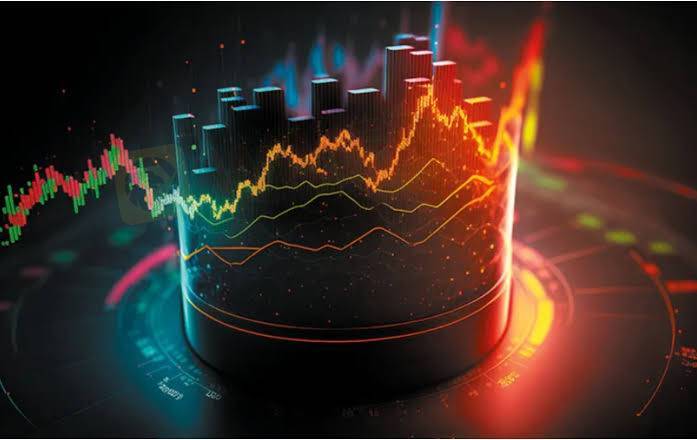2024-09-22 00:20
IndustryIndepth Analysis of High-Frequency Trading
High-frequency trading (HFT) is a cutting-edge trading strategy that leverages advanced computer algorithms and high-speed data analysis to execute trades at incredibly fast speeds. By harnessing the power of technology, HFT firms can identify profitable trading opportunities and capitalize on them in real-time, often in a matter of milliseconds.
The benefits of HFT are numerous, including:
- Enhanced market liquidity
- Increased trading efficiency
- Improved price discovery
- Reduced trading costs
HFT strategies can be broadly categorized into four types:
- Market making
- Trend following
- Statistical arbitrage
- Latency arbitrage
To execute these strategies, HFT firms employ a range of sophisticated techniques, including:
- Co-location
- Direct market access
- High-speed connections
- Advanced algorithms
However, HFT also poses significant challenges and risks, including:
- Market volatility
- System failures
- Regulatory scrutiny
- Competition
In response to these challenges, regulatory bodies have established a range of guidelines and frameworks to govern HFT activities, including:
- The Dodd-Frank Act
- MiFID II
- SEC regulations
- Global regulatory frameworks
Looking ahead, the future of HFT appears promising, with ongoing advancements in technology and the increasing adoption of AI and machine learning. As the landscape continues to evolve, HFT firms must remain adaptable and innovative to stay ahead of the curve.
Like 0

天黑路滑人心杂
Trader
Hot content
Industry
Event-A comment a day,Keep rewards worthy up to$27
Industry
Nigeria Event Giveaway-Win₦5000 Mobilephone Credit
Industry
Nigeria Event Giveaway-Win ₦2500 MobilePhoneCredit
Industry
South Africa Event-Come&Win 240ZAR Phone Credit
Industry
Nigeria Event-Discuss Forex&Win2500NGN PhoneCredit
Industry
[Nigeria Event]Discuss&win 2500 Naira Phone Credit
Forum category

Platform

Exhibition

Agent

Recruitment

EA

Industry

Market

Index
Indepth Analysis of High-Frequency Trading
 | 2024-09-22 00:20
| 2024-09-22 00:20
High-frequency trading (HFT) is a cutting-edge trading strategy that leverages advanced computer algorithms and high-speed data analysis to execute trades at incredibly fast speeds. By harnessing the power of technology, HFT firms can identify profitable trading opportunities and capitalize on them in real-time, often in a matter of milliseconds.
The benefits of HFT are numerous, including:
- Enhanced market liquidity
- Increased trading efficiency
- Improved price discovery
- Reduced trading costs
HFT strategies can be broadly categorized into four types:
- Market making
- Trend following
- Statistical arbitrage
- Latency arbitrage
To execute these strategies, HFT firms employ a range of sophisticated techniques, including:
- Co-location
- Direct market access
- High-speed connections
- Advanced algorithms
However, HFT also poses significant challenges and risks, including:
- Market volatility
- System failures
- Regulatory scrutiny
- Competition
In response to these challenges, regulatory bodies have established a range of guidelines and frameworks to govern HFT activities, including:
- The Dodd-Frank Act
- MiFID II
- SEC regulations
- Global regulatory frameworks
Looking ahead, the future of HFT appears promising, with ongoing advancements in technology and the increasing adoption of AI and machine learning. As the landscape continues to evolve, HFT firms must remain adaptable and innovative to stay ahead of the curve.
Like 0
I want to comment, too
Submit
0Comments

There is no comment yet. Make the first one.

Submit
There is no comment yet. Make the first one.